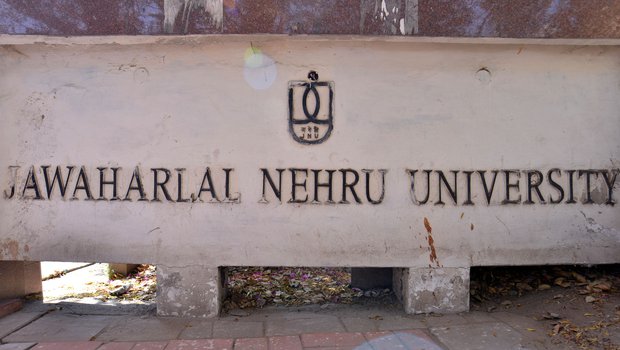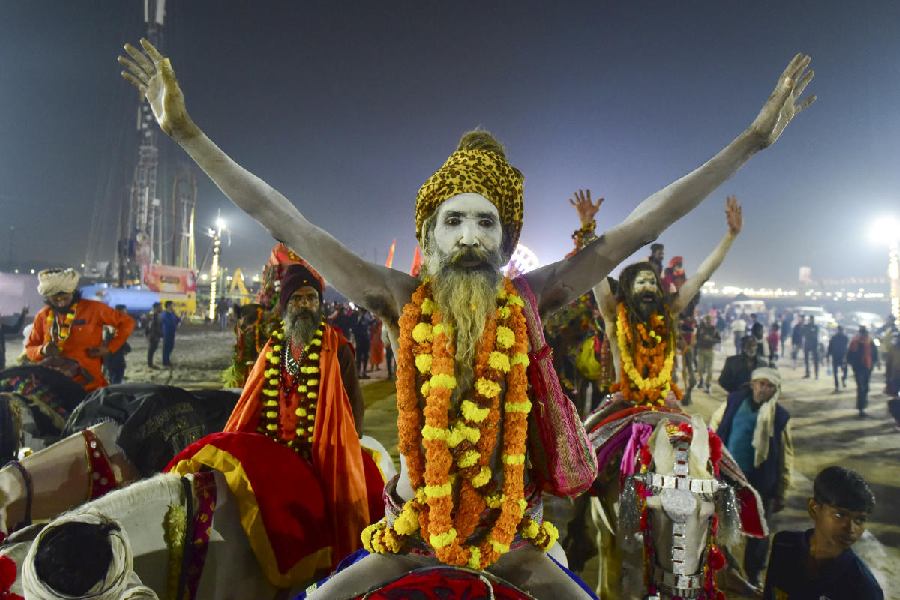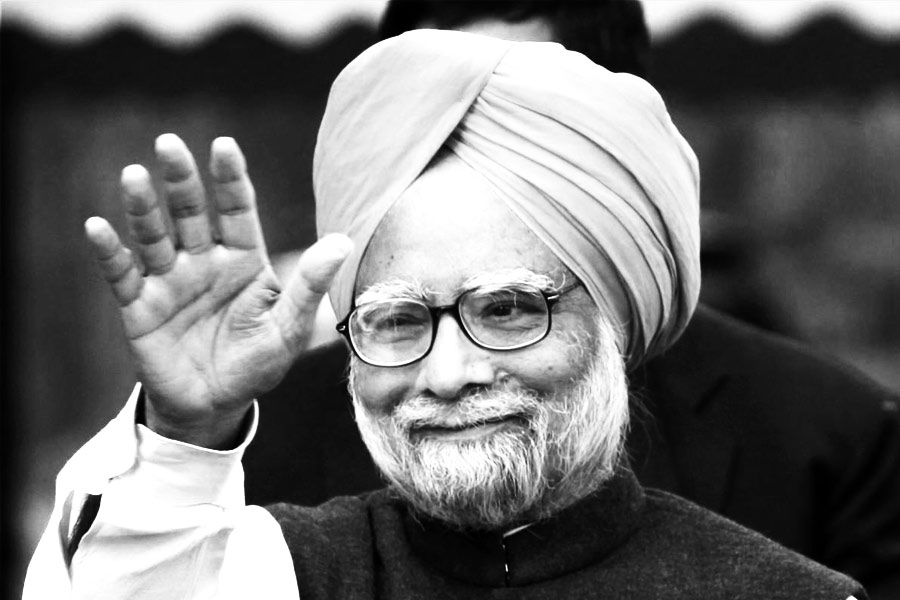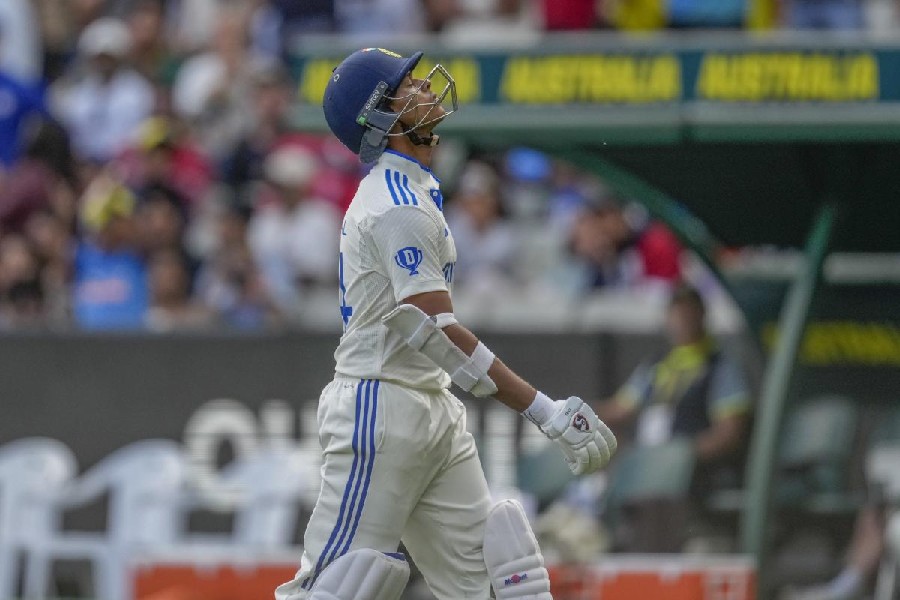Jawaharlal Nehru University authorities on Wednesday announced a partial “rollback” of a hostel fee hike that has roiled the campus for a fortnight now but the agitating students remained dissatisfied over the negligible cut to the more-than-double cumulative increase.
A statement issued by the university also didn’t clearly define which students would be eligible for the limited relief.
The decision came on a day a scheduled meeting of the varsity’s executive council (EC) was shifted to a venue 18km from the campus.
On Monday, hundreds of JNU students had held up Union HRD minister Ramesh Pokhriyal for several hours after vice-chancellor M. Jagadesh Kumar did not meet them to discuss their demands.
The campus has been on strike since the authorities approved a new hostel manual that more than doubled the fees — unaffordable for over 40 per cent of the students, according to a 2017 data on family incomes. The EC was to meet to discuss the manual.
At 4.30pm, higher education secretary R. Subrahmanyam tweeted: “#JNU Executive Committee announces major roll-back in the hostel fee and other stipulations. Also proposes a scheme for economic assistance to the EWS students. Time to get back to classes.”
The EWS, or economically weaker sections, has two definitions. Under the Right to Education Act, children from such sections are entitled to a 25 per cent quota in school admissions, based on income criteria decided by state governments. For example, the income cap for a household in Delhi is Rs 1 lakh. The 103rd constitutional amendment fixed the family income cap at Rs 8 lakh with limits on land holdings. JNU’s EC has approved neither.
In a press release later, JNU announced a 50 per cent waiver in service charges — estimated by students at a minimum of Rs 1,700 — and utility charges for below poverty line (BPL) students, a classification no longer in use.
Beneficiaries under the National Food Security Act are identified using data from the Socio-Economic Caste Census 2011, and other categories by state governments.
JNU registrar Pramod Kumar did not respond to queries on the definition of BPL from The Telegraph.
The increase in room rent — the hike’s smallest component — has been halved. The monthly rent for a single room is now Rs 300, while a double room comes for Rs 150. The rents were Rs 20 and Rs 10 before the hike. “Our fight is for the right to study…. More than half the students here are women. I may become the first PhD in my family and I would never have been allowed to study here if my scholarship wasn’t enough to cover my expenses. We all had to fight to come here,” JNU Student Union president Aishe Ghosh told reporters.
The JNUSU said: “The cumulative monthly hostel and mess charges, which was Rs 2,500, has been increased to around Rs 5,500…. The HRD secretary, while announcing the so-called rollback, has the arrogance to advise us to ‘go back to classes’.”
Earlier in the day, teachers’ and students’ union representatives had gathered outside the Convention Centre where the EC members were to meet at 10am.
Several plainclothes police officials — identifiable by their haircuts — huddled near the venue.
The EC includes three elected teacher representatives who could not make it to the meeting.
“We waited till 10.40 without any news from the administration confirming the holding of the meeting. It was clear from the lack of preparedness in terms of the usual arrangements that an Executive Council meeting demands, that a decision had probably been taken to not have the meeting at the venue,” the three representatives said in a letter to colleagues.
“However, we as members of the Executive Council had not been informed of the change in venue. What was more bizarre was the fact that around 11.15, some of the members were approached by a security official who told them to accompany him to an undisclosed location, without any official communication of the same.”At 12.10pm, the varsity administration sent an email to the EC members saying the venue had been shifted to the office of the Association of Indian Universities — 18km away — and would start at 12.30pm.
Police had barricaded all the gates of the campus at 12pm, one of which was opened after an hour. Shortly after, students barged into the administrative block, blackened CCTV cameras and painted graffiti on the VC’s office entrance.
In a statement, JNU registrar Pramod Kumar said: “The meeting could not be held at the Convention Centre because a large number of students and some JNUTA office bearers assembled at the gates of the venue ahead of the meeting and prevented the EC members from entering the building.
“Some of the EC members, who were already inside the Convention Centre, were not allowed to come out. A crowd of students subsequently gheraoed three EC members who also happen to be the Deans of different Schools. As a result, the venue of the meeting had to be shifted to an alternative place.”











